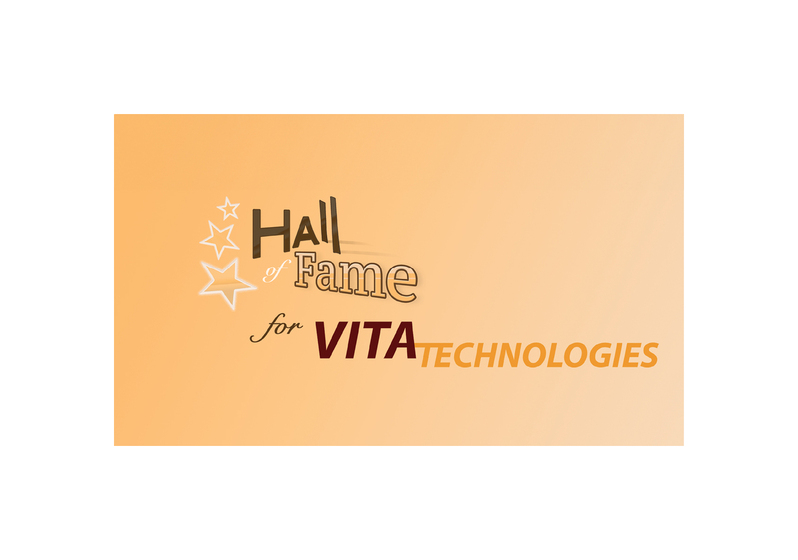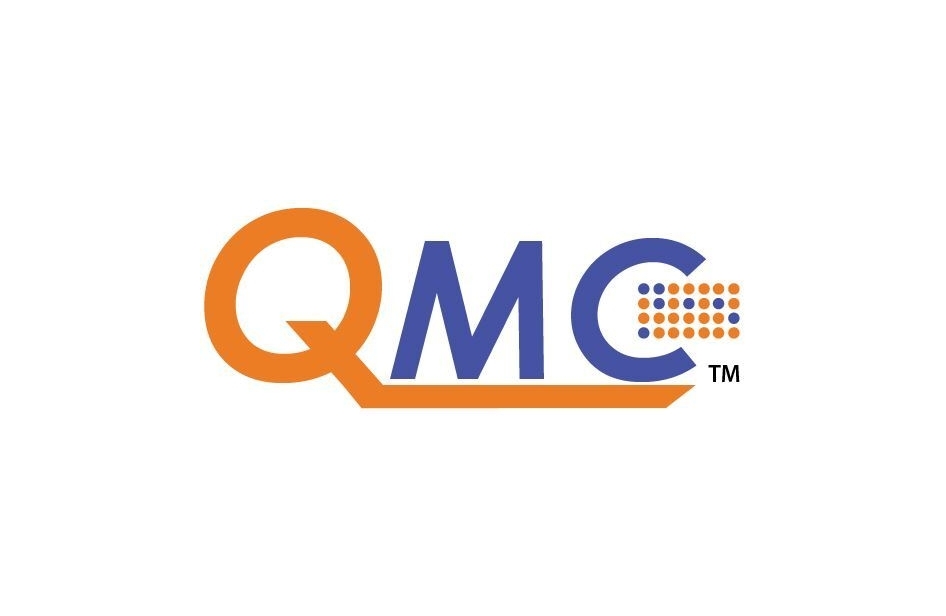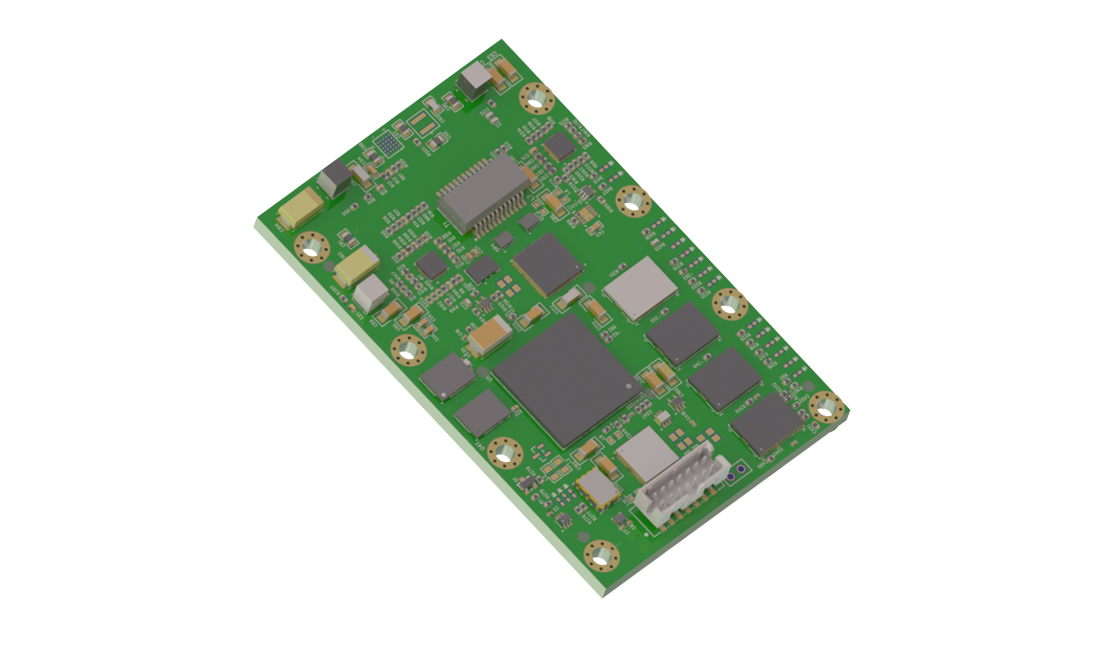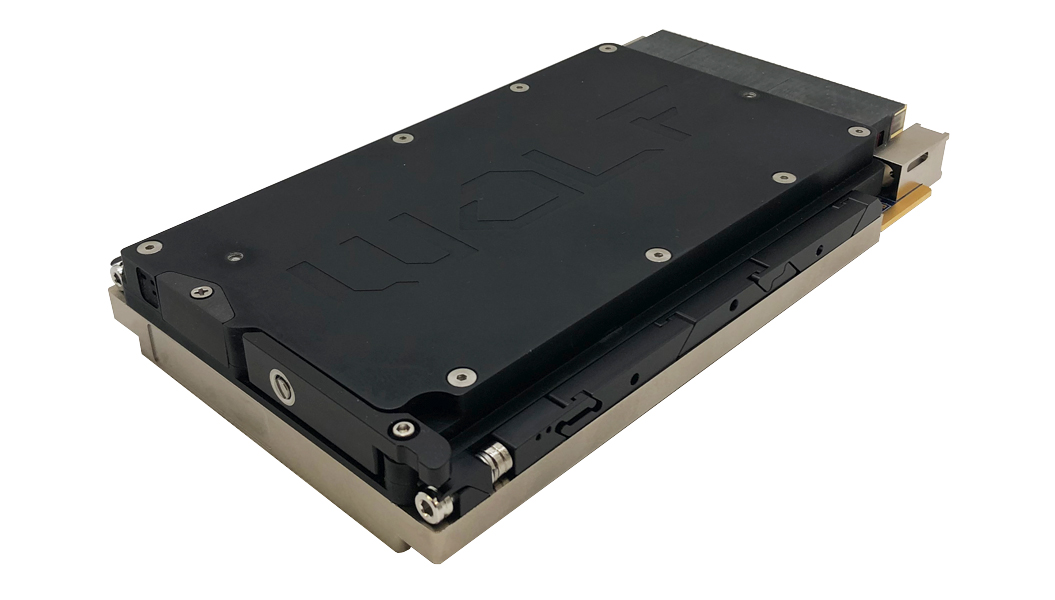e2v, a leading European designer and manufacturer of specialized electronic components for the space industry, has been awarded a major contract by the European Space Agency (ESA) for the development of an Analogue to Digital Converter (ADC) for next-generation broadband satellite payloads.
The ESA contract covers the development of a high performance, low power, 10-bits 1.5 Gsps ADC that will meet the future needs of aerospace industries. It will offer superior linearity, flat spectral response, wide analogue input bandwidth and a demultiplexed output: all within a total power budget of around 1 Watt.
Digital processing in satellite payloads optimizes the use of expensive and scarce frequency spectrum. This maximizes operational flexibility and provides the opportunity to broaden satellite system functionality to include, for example, high-speed multimedia internet, cellular telephone and HDTV services. Satellite manufacturers need to secure state-of-the-art electronic component technologies to make this possible and e2v’s new ADC will be a key enabling component in this regard.
The ADC to be designed under this contract will benefit from e2v’s unique world-class design expertise and the European high speed bipolar SiGe technology used, to deliver key advantages to the aerospace market, notably:
High performance and low power consumption. The ADC will achieve a high, spurious free, dynamic range and a technology leading gain flatness over the useful bandwidth, combined with low power consumption, a factor of 3 saving when compared with existing devices.
The device will be radiation hardened to ensure operation under extreme conditions.
Commenting on the contract win, Thierry Gouvernel, e2v’s Business Unit General Manager said: “ESA’s award of this strategic development contract is a great recognition of our successful track record in complex and leading edge projects”. Adding: “This win underscores 15 years of work supporting the aerospace marketplace, and other demanding industries, with state-of-the-art data converters.”






